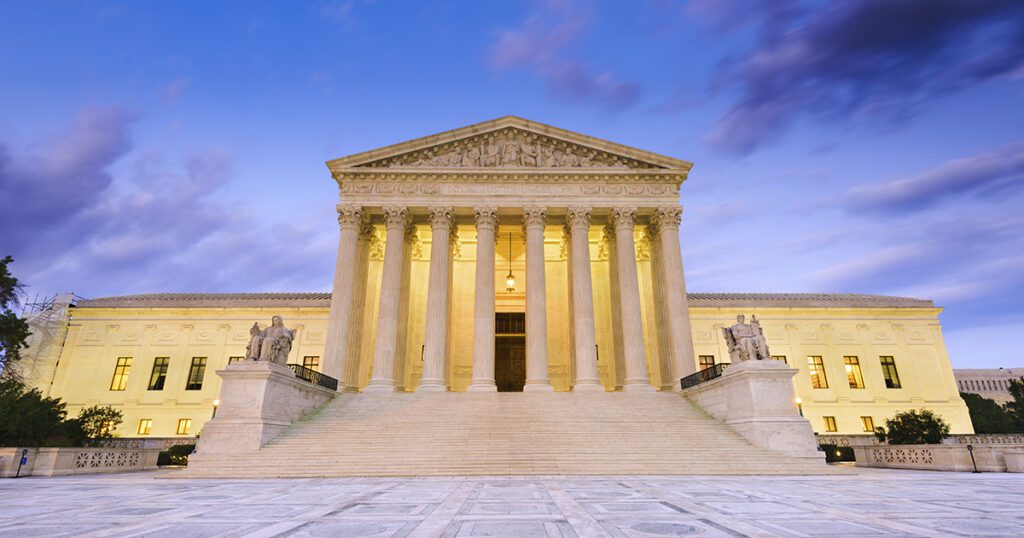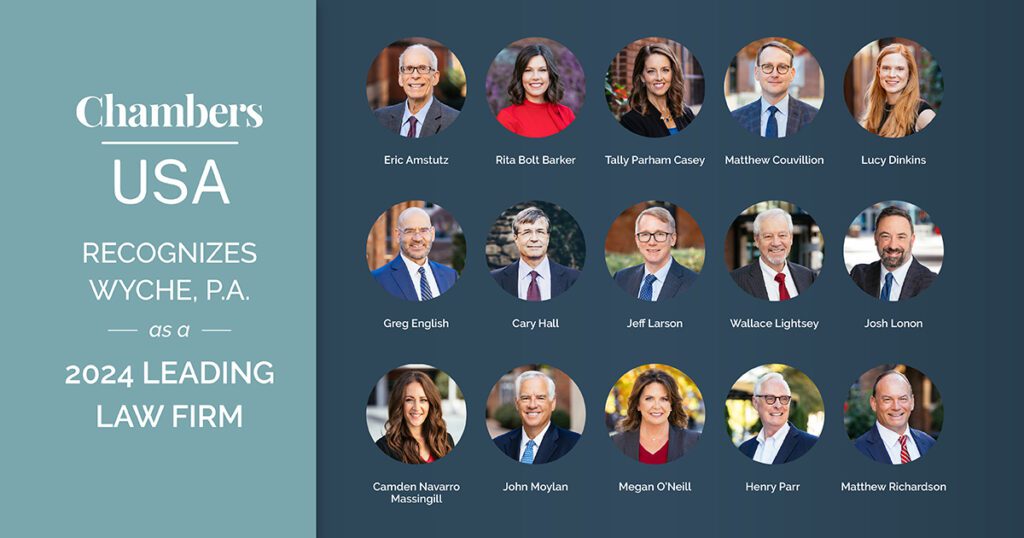The Fourth Circuit has recently issued a major decision that implicates the rights and liabilities of landowners and former landowners of property damaged by pollution. In a split decision, the Court held that a provision in the Comprehensive Environmental Response, Compensation, and Liability Act (CERCLA) preempts North Carolina’s ten-year statute of repose for actions for damage to real property.
By way of legal background, the amount of time a plaintiff has to bring a claim is frequently subject to two similar types of limits, statutes of limitation and statutes of repose. A statute of limitations limits the amount of time a plaintiff has to bring a claim after the date an injury occurred or the date a claim arose. A statute of repose, however, bars a claim after a certain amount of time after the defendant acted, even if that period ends before the plaintiff is aware of the injury.
In 2009 landowners near Asheville, North Carolina, discovered their well water was contaminated with various carcinogenic chemicals. These landowners subsequently brought an action against CTS Corporation, which had formerly owned the land and had operated a fifty-four acre plant there that manufactured and disposed of electronic parts. CTS argued to the district court that because its last act or omission occurred on the property in 1987, North Carolina’s statute of repose barred the action. The district court agreed, granting CTS’s motion to dismiss.
The Fourth Circuit reversed, however, reasoning that a provision in CERCLA that explicitly preempts state statutes of limitations for actions brought under state law for personal injury or property damage caused by hazardous substances or pollutants released into the environment also applies to preempt state statutes of repose.
The practical effect of the decision in South Carolina may be more limited because this state has a more limited statute of repose. Landholders or former landholders, however, should take note of this decision, as it could have far-reaching impact on liability for certain types of state tort claims for damages caused by hazardous substances.






